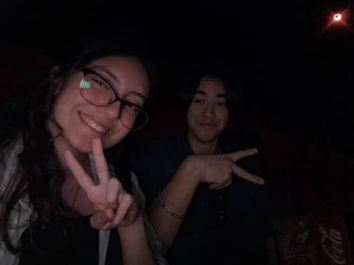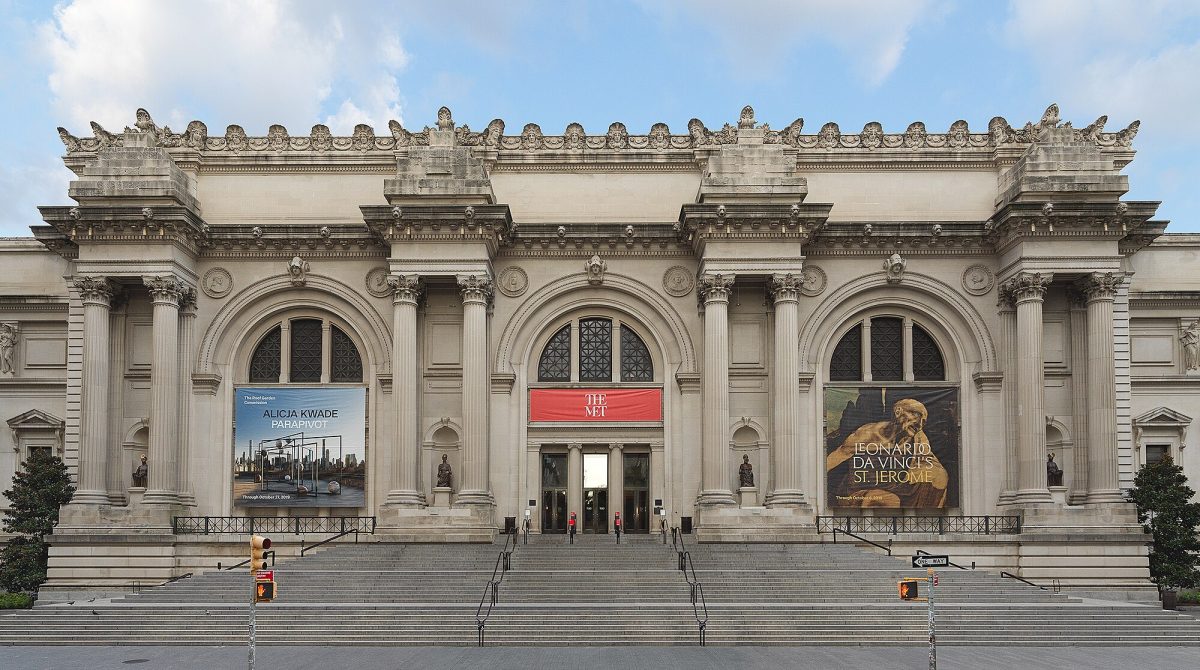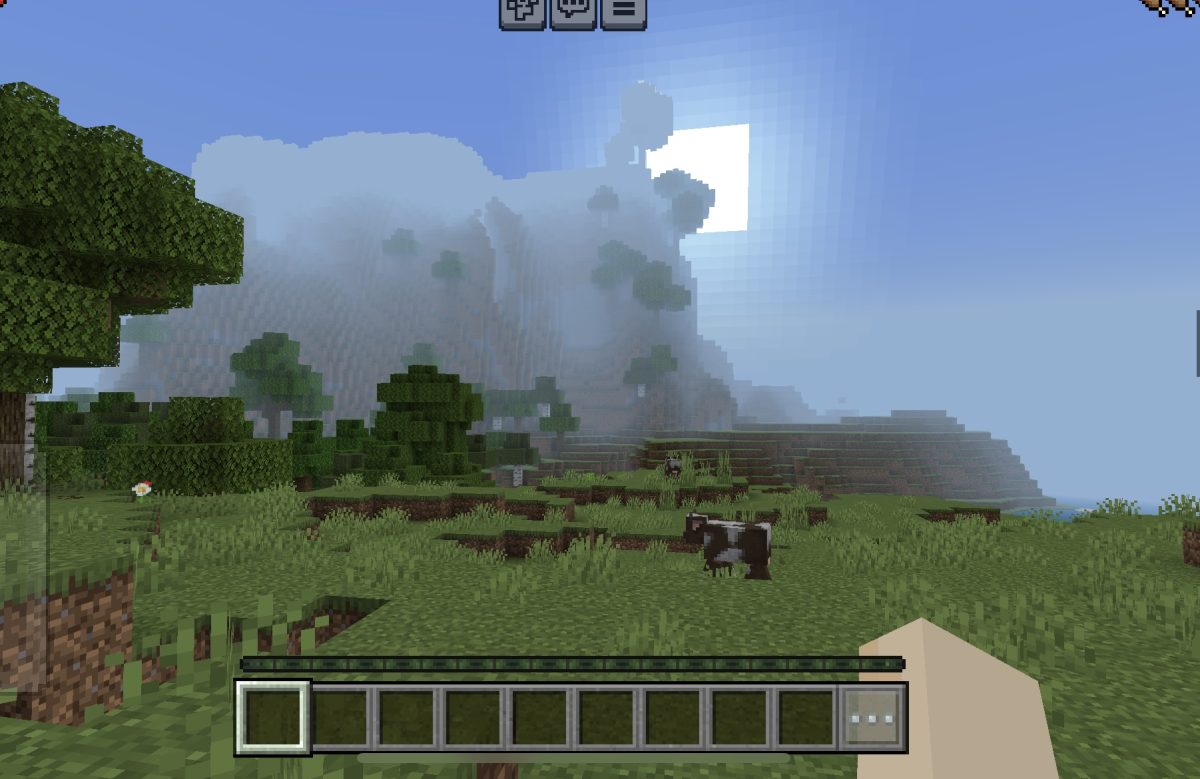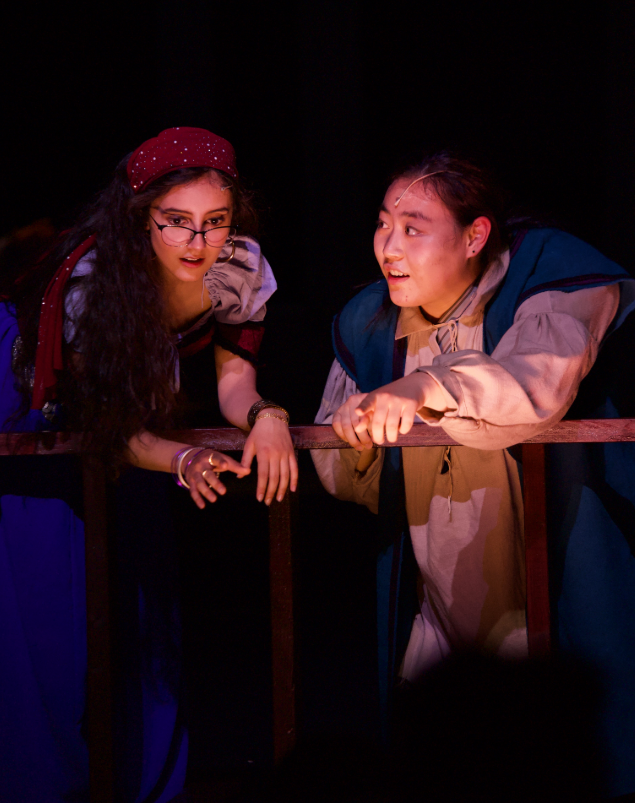By Brittany Snow | Production Chief
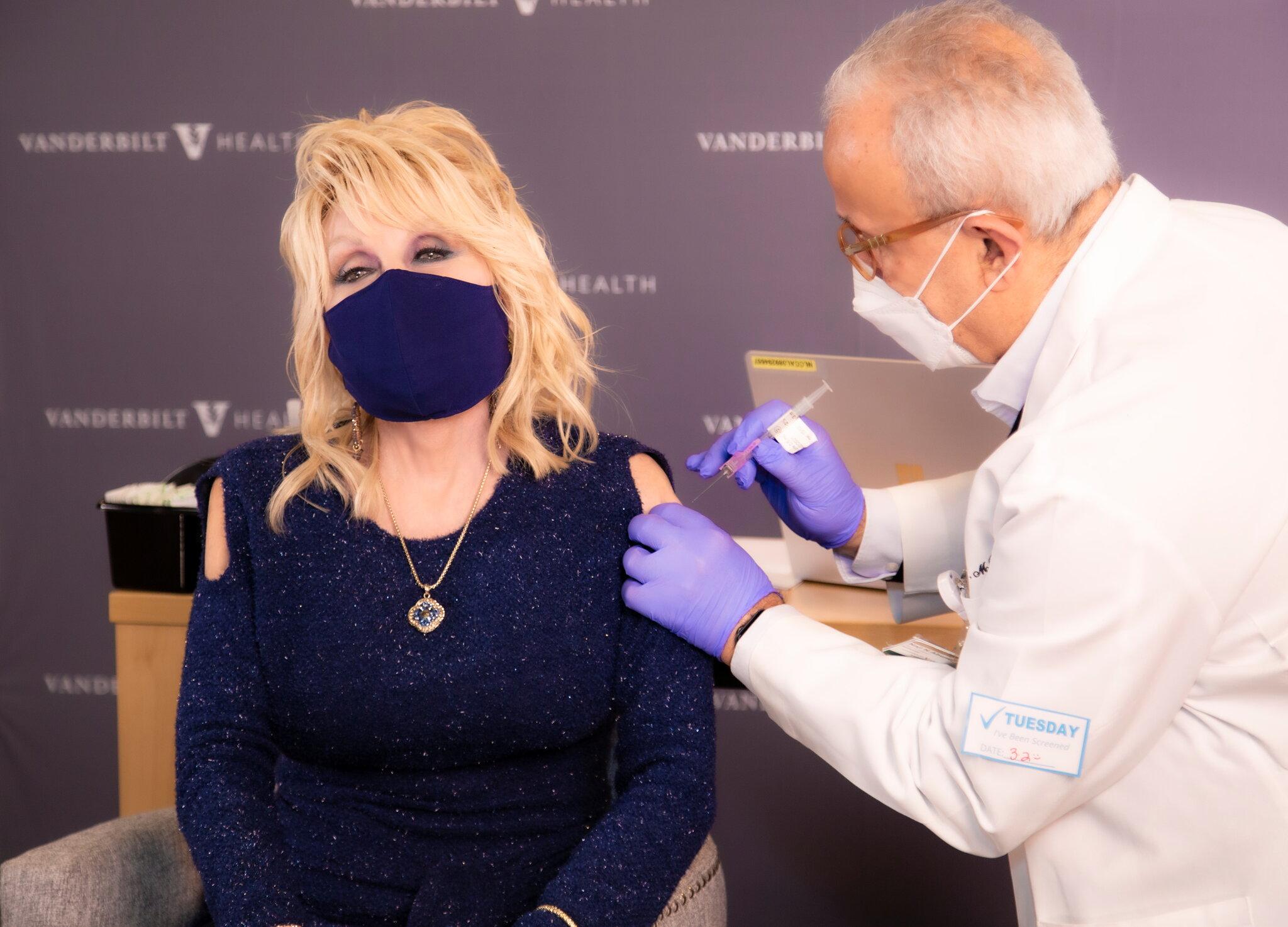
Aside from being a well-known country singer-songwriter and actress, Dolly Parton has become one of the most prominent examples of what it means to be a humanitarian.
In April 2020, Parton made a $1 million contribution toward coronavirus research efforts at Vanderbilt University. She said her longtime friend Dr. Naji Abumrad from the university informed her that there were “some exciting advancements towards research of the coronavirus for a cure,” according to CBS News.
The Moderna vaccine has been proven to be 94.1 percent effective against the coronavirus after the two prescribed doses. As reported by the Center for Disease and Control Prevention, it has appeared to have high effectiveness in clinical trials among people of diverse age, sex, race, and ethnicity categories as well as among persons with underlying medical conditions.
“I’m just happy that anything I do can help somebody else,” Parton said in an interview with TODAY in November 2020. “When I donated money to the COVID fund, I just wanted it to do good and evidently, it is. Let’s just hope we find a cure real soon.”
She received her vaccine in March, after waiting for the vaccine to become available to the public.
Parton told The Associated Press in February that she wanted to wait until more people gained access, saying she did not want to “cut the line just because she had donated money.”
By waiting to receive the vaccine she helped fund, it only adds to the list of the selfless acts she has done since 1988, when she established the Dollywood Foundation. The original goal of the foundation was to help children in the Sevier County, Tennessee region “achieve educational success.” However, it later grew into the Imagination Library in 1995, a program that distributes books to children across the globe, free of charge, from birth until they begin their first year of school.
In addition to her own Dollywood Foundation, Parton has contributed funds to a number of charitable organizations; including the Barbara Davis Center for Childhood Diabetes, Save the Music Foundation, and the Boot Campaign — an organization that donates proceeds to military veterans who are dealing with post-traumatic stress disorder and physical injuries.
In January, Democratic legislator, Representative John Mark Windle introduced a bill to initiate plans for a Dolly Parton statue on Tennessee State Capitol grounds. According to the bill, the statue would be positioned to face Ryman Auditorium, a storied country music venue.
The singer released a statement on Instagram and Twitter soon after the announcement, stating, “given all that is going on in the world, I don’t think putting me on a pedestal is appropriate at this time.”
According to the New York Times, the statue would be replacing the bust of Nathan Bedford Forrest, a former Confederate general, slave trader and leader of the Ku Klux Klan. The unmistakable replacement, and an honorable representation of Tennessee would be Parton, who has attributed her musical and philanthropic roots to her hometown of Sevierville.
In the same statement, Parton left the option open for a statue to be erected in the future, writing, “I hope, though, that somewhere down the road several years from now or perhaps after I’m gone if you still feel I deserve it, then I’m certain I will stand proud in our great State Capitol as a grateful Tennessean.”
Parton’s hope to better the state of the country in its current pandemic state, as well as promoting and providing resources for younger generations to succeed are key to her philanthropic role in the community, which should be a goal for each of us to achieve in our own capacity.


